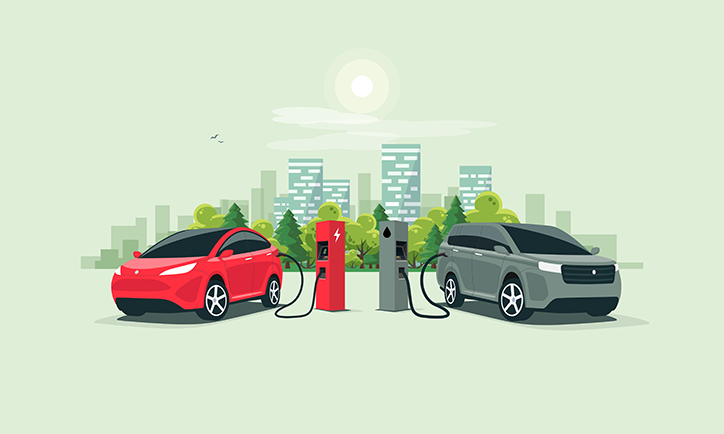Hey there, SmartEnergy community! 🌞
This summer is turning out to be one for the record books. With temperatures soaring higher than ever before, many of us are cranking up the air conditioning just to stay comfortable. If you’re feeling the heat and noticing a spike in your electricity bill, you’re definitely not alone. Let’s take a look at what’s happening, how it compares to previous years, and how renewable energy can come to the rescue.
Breaking Records: The Hottest Summer Yet
You might have heard it on the news or felt it as you stepped outside: this summer is HOT! According to the latest data, average temperatures in many regions have surpassed previous records. For instance, cities like Phoenix, AZ, and Las Vegas, NV, have reported temperatures well above 110°F for consecutive days. This isn’t just an isolated event – it’s part of a global trend of rising temperatures.
To give you some perspective, here’s a quick comparison:
- 2010: A particularly hot summer with several heatwaves across the US, but still cooler than today.
- 2015: Another record-setting year, yet it seems mild compared to 2024.
- 2020: Marked by significant heat but still lower than what we’re experiencing now.
- 2024: The current year is shattering previous records with prolonged heatwaves and unprecedented high temperatures.
Increased Electricity Usage: You’re Not Alone
With these blazing temperatures, it’s no wonder that electricity usage is skyrocketing. Air conditioners are working overtime, fans are spinning non-stop, and fridges are running harder to keep our food cool. All of this adds up, leading to higher electricity bills.
Here are a few stats to show you’re in good company:
- Air Conditioning: Accounts for nearly 50% of household electricity use during peak summer months.
- Overall Usage: The demand for electricity typically spikes by 20-30% during heatwaves compared to average summer days.
- Bill Impact: Many households are seeing their electricity bills increase by 15-25% compared to previous summers.
How Renewable Energy Can Help
While it’s tough to control the weather, we can take steps to manage our electricity usage and support a cleaner, greener future. Here’s where renewable energy comes into play.
- Solar Power: By harnessing the sun’s energy, solar panels can significantly reduce your reliance on the grid. During sunny days, they generate ample electricity, often enough to power your home and reduce your bill.
- Wind Energy: In some areas, small wind turbines can complement solar panels, especially in places with consistent breezes. Together, they create a robust renewable energy system.
- Energy Efficiency: Using energy-efficient appliances and smart thermostats can help you manage your energy use better. For instance, setting your thermostat a few degrees higher when you’re not home can save a lot on cooling costs.
- Community Solar Programs: If installing solar panels isn’t feasible for you, consider joining a community solar program. These allow multiple households to benefit from a shared solar energy system, reducing costs and environmental impact.
Tips to Stay Cool and Save Energy
While renewable energy is a fantastic long-term solution, here are some quick tips to help you stay cool and manage your electricity usage right now:
- Close Blinds and Curtains: Keep the sun out during the hottest parts of the day.
- Use Fans Wisely: Ceiling fans and portable fans can help circulate cool air more efficiently.
- Unplug Electronics: Devices that aren’t in use can still draw power and generate heat.
- Stay Hydrated: Drink plenty of water to help your body stay cool naturally.
This summer’s heat might be record-breaking, but we can adapt and make smart energy choices. By embracing renewable energy and being mindful of our electricity use, we can stay comfortable, save money, and contribute to a healthier planet.
Stay cool, SmartEnergy community, and let’s power through this heat together!



